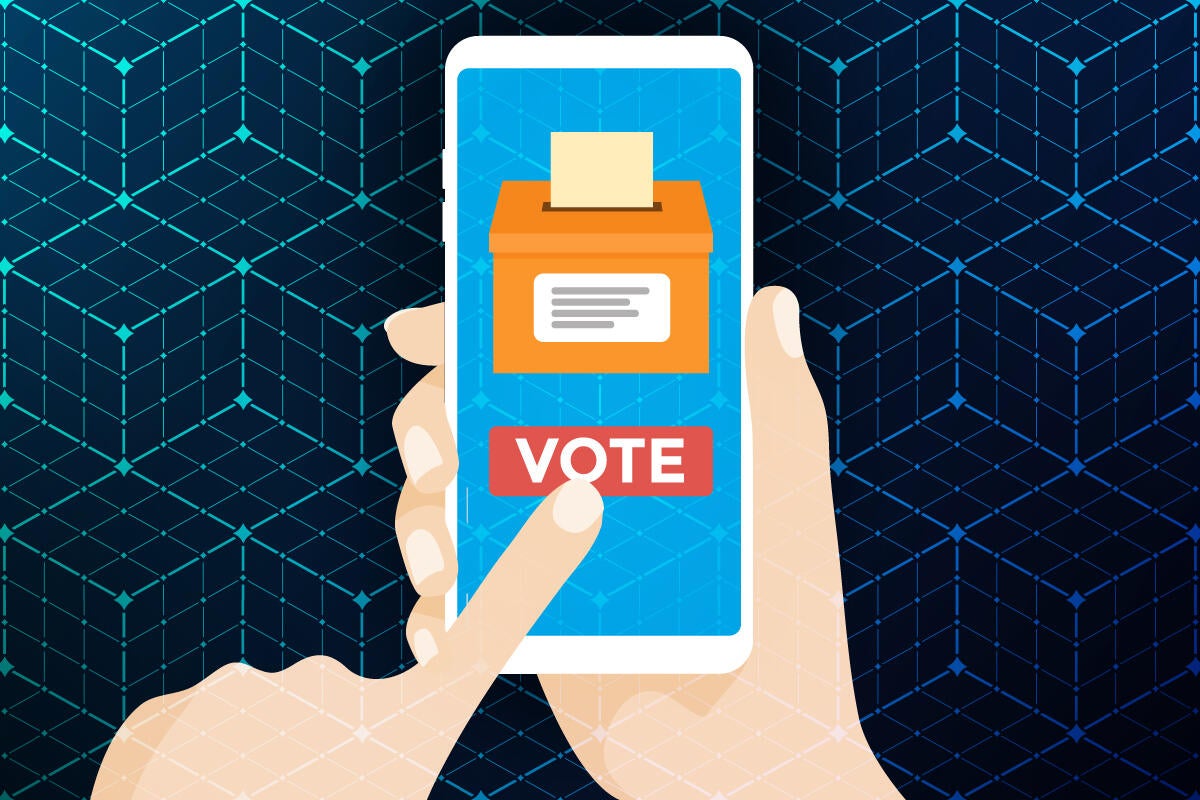The Federal Reserve is investigating the potential of a central bank digital currency (CBDC) as the backbone for a new, secure real-time payments and settlements system.
The move toward a form of government-backed digital currency is being driven by Fintech firms and a banking industry already piloting or planning to pilot cash-backed digital tokens, according to Lael Brainard, a member of the U.S. Federal Reserve’s Board of Governors.
“Today, it can take a few days to get access to your funds. A real-time retail payments infrastructure would ensure the funds are available immediately – to pay utility bills or split the rent with roommates, or for small business owners to pay their suppliers,” said Brainard, who serves as chair of the committees overseeing Financial Stability and Payments, Clearing and Settlements.
To read this article in full, please click here


 CetaRAT was seen for the first time in the Operation SideCopy APT. Now it is continuously expanding its…
CetaRAT was seen for the first time in the Operation SideCopy APT. Now it is continuously expanding its…

